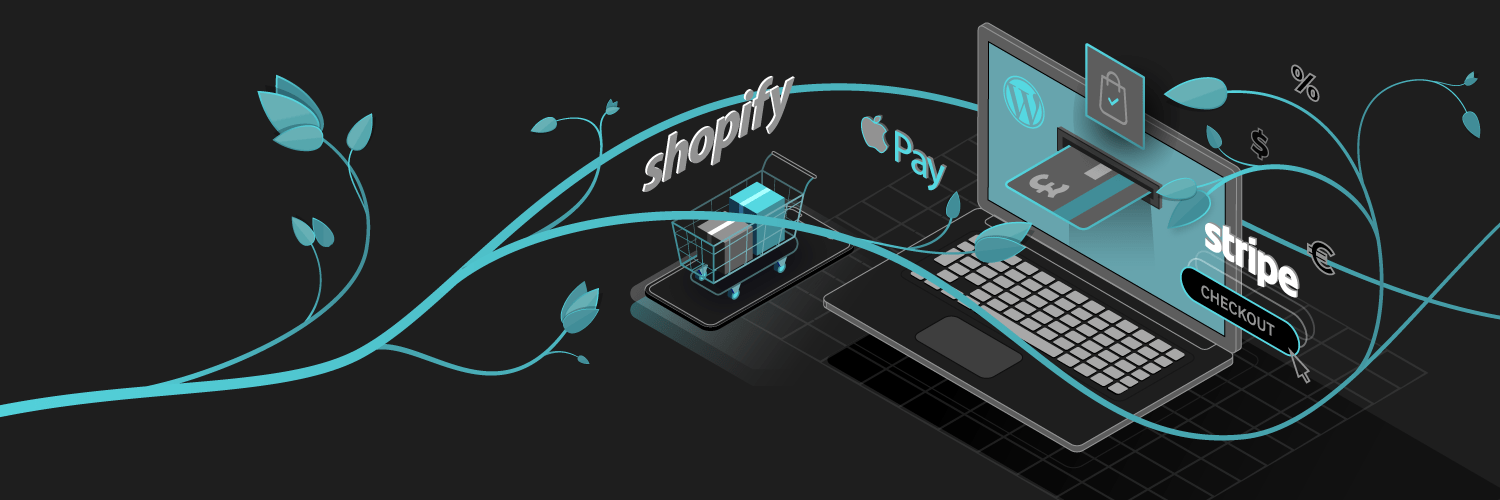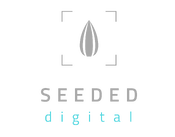Series: Getting into D2C eCommerce SEO > Episode 1: How do we look at SEO?
What are we talking about when we talk about organic search? Google.
How do we look at SEO? To create some context, what are we talking about when we talk about organic search?
Well, if we're talking about the UK, we're really talking about Google. Google have something in the order of 90% market share within the UK, in terms of search. Yes, there are other search engines with Microsoft's Bing being a great example in number two spot.
But the reality is that the vast majority of market share goes to Google. So, if we're thinking about how we optimise our website for organic search - what are we talking about when we're optimising for Google?
It's also interesting to know that when looking in terms of market monopoly and all the rest of it, it came to light that the largest search term on Bing was in fact Google.
So essentially it is Google we're talking about.
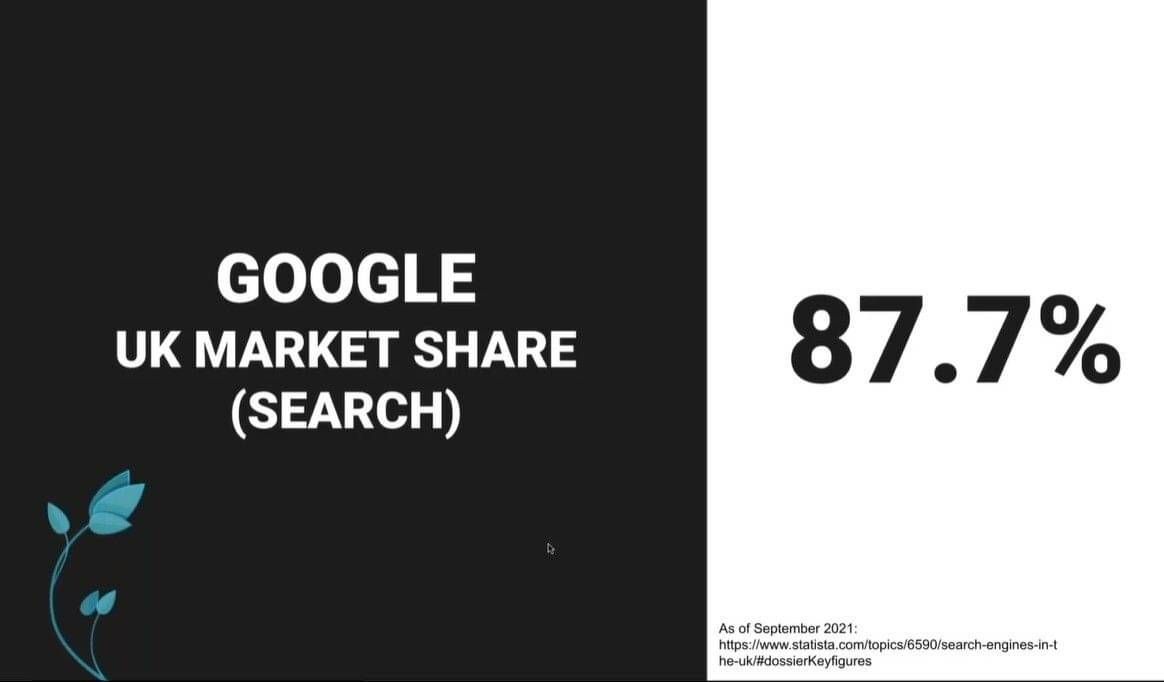
The rise of the Digital High Street
The other little bit of context for scene setting and particularly for the Direct-to-Consumer brands is the concept that the rise of the Digital High Street, in terms of a percentage of all retail sales in the UK pre-pandemic.
We were looking at sub 20% of retail sales happening online pre-pandemic with this during the pandemic peaking at over 35%. Now we're coming out and emerging, so yes it has come back down but not back down to pre-pandemic levels. We're talking circa, 30%, so there has been a real shift.
The removal of the sort of mental barriers to entry, in terms of changing people's habits, how they do things, forcing people online that perhaps were there previously reluctant to access, has driven this.
There has been an acceleration in terms of people transacting online and therefore the need for your website and for websites to be doing business direct.
A Google Search Engine Result Page (SERP)
So, we've talked a little bit of scene setting. When we're actually talking about SEO, and we're talking about search and paid search, what do we mean?
Here is are two examples of a Google Search Engine Result Page (SERP).
The acronym SERP is quite a common one in the industry, meaning search engine result page. So here we have an example of a SERP.
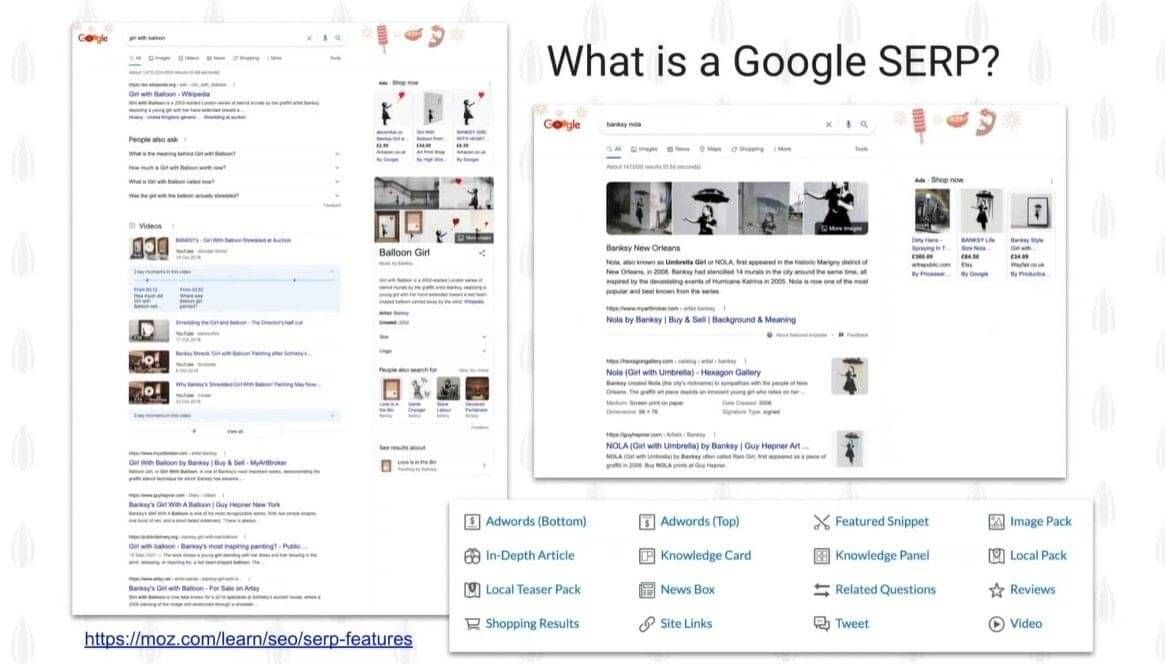
We've got Girl with Balloon, Banksy's most famous artwork.
So, let's look at the anatomy of this particular search result and we can see that we've got the organic starting straightaway. Wikipedia at the top. People also asked, so these are links off to featured snippets for other search results. So if you search those terms, you would get this kind of result at the top or a variation on this.
Position zeros and it's also populated with things, FAQs, that kind of content. Video is in there, and then we've got more conventional search results down here. Got some interesting bits here. These are anchor links, so taking you to either different pages within Wikipedia, or more likely, these are actually anchor links on that page. They'll take you to specific points on that page.
We've then got the knowledge panel, which is essentially Google's way of organising. It's like a separate database of how Google organises its own brain. Google has gained a huge understanding of entities out there so it knows that Girl with Balloon is actually Balloon Girl. And that is an entity, a piece of artwork, and that it is by Banksy, another entity that is an artist. And that artists are other entities. It's creating of association between different entities.
So when it picks up that you're looking for an entity that it recognises, it triggers a knowledge panel result, because Google thinks “I know some stuff about this” It's because it's useful to show you those additional pieces of information.
So you have got the Knowledge Panel down the result the side here.
We have paid search happening.
Often you can see we have ads appearing on the side here. Obviously, we're familiar with these, you can even have text ads appearing at the top.
At the bottom, we've got pay Google Shopping ads appearing across the top and so on.
And so what we have is an integrated search result. There are many different components of the search result. There are paid aspects and there are organic aspects.
Paid is obviously given the precedents at the top that's the business model, that's Google's business model. And then the rest of the real estate is given over to organic.
We hope you're enjoying our series on 'Getting into D2C eCommerce SEO' and if you'd like to sign-up to receive this sort of content from us into your inbox, then you can do that with the form at the bottom of this page.
What are we targeting?
So, basically, all of these different organic bits are all there to play for.
But we've got to play for them in different ways. So, that's where it starts to get interesting in terms of, OK, well, what are we targeting?
It's not just the 10 Blue links on this page actually. If we had a video? what about these FAQs? Can we cater to that?
And you know that it's, you can start to see when you're targeting these kinds of key terms, it is not 100% straightforward. It’s going after the plain links, it's going after what else is on the page here, as well. There's a link here, too.
There's a link here to Moz for their learning resource on SERPs and it goes through all of the different things that can currently appear in a search result, and how you can optimise for those. There are all these different components at the moment that can appear.
As you can see, each SERP is different. You will be aware from your own Googling. These are the things that can appear in the search result.
And therefore, they are the things that if they appear for our searches, for the keywords that we care about, for all brands, that, those are the things that said that they haven't become relevant from an optimisation point of view.
But that's where we're playing.
This is where we're playing when we talk about search, when we talk about organic search, in the SERP.
So in a Seed Pod - Summary
So to sum up this little section on how we look at SEO.
Search Engine Optimisation (SEO) is the art and science behind making your website more visible in a search engine like Google.
Whether that's in a conventional result, one of the other fixed features, just more visible, so that we can increase impressions and clicks through to your website.
And we achieve that, in a structured way, through keyword analysis, site structure manipulation content, planning, technical know-how, and we do that in order to convince Google's ranking algorithms that we are the best, and most favourable result over, and above our competition.
And yes, in the UK, that means Google.
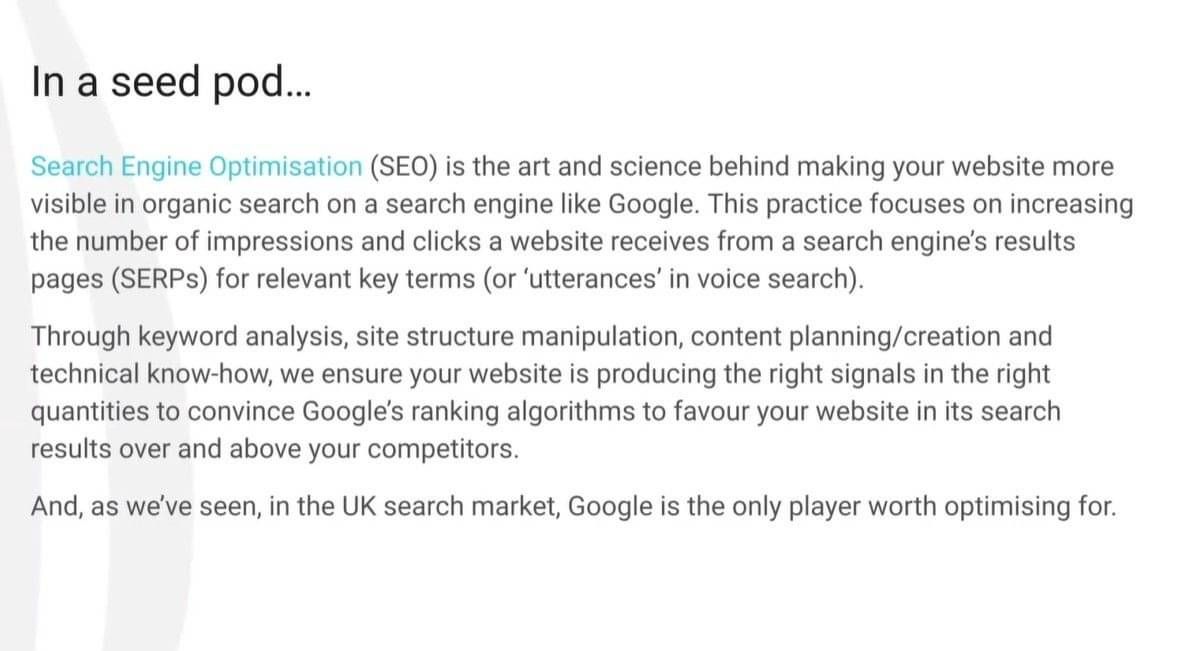
Sign-up to receive this sort of content in your inbox
By filling out this form and clicking 'Sign up' you're giving us permission to email you with our marketing material (this kind of stuff is our marketing material). You'll be able to unsubscribe at any time via any of the emails we send, and we'll not be passing your data to any third parties... because we're not dicks. We're hoping that's something you can live with. Thank you so much for checking out our content - we really appreciate it.
